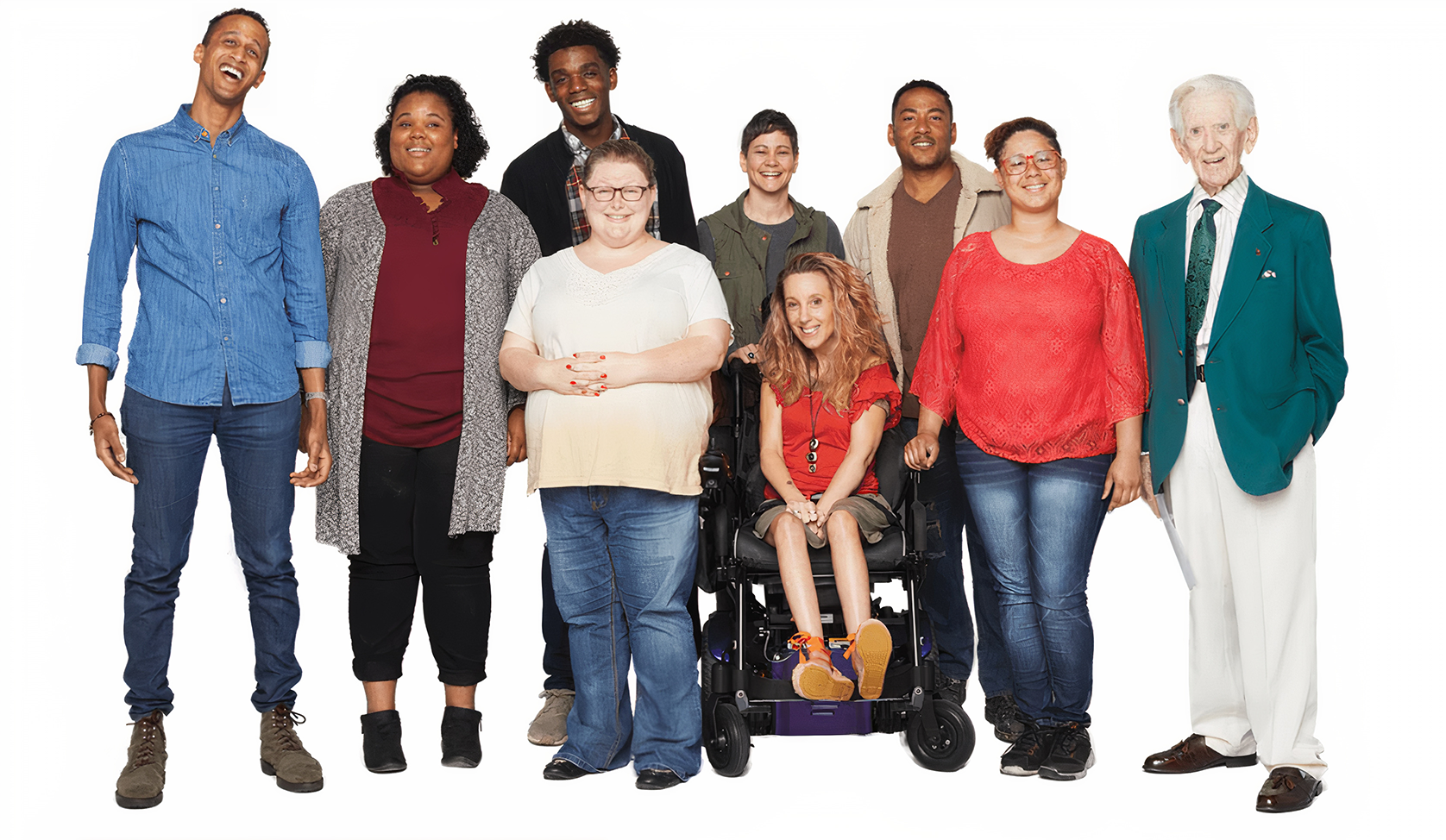
Historically, genomic research studies have included mainly people of European ancestry with little representation of other races or ethnicities. The All of Us Research Program, part of the National Institutes of Health (NIH), seeks to change that.
Capturing environmental, medical, and genetic data from more than 1 million people, All of Us is creating the world’s largest and most diverse databases for health research in a longitudinal cohort study. To date, the program has enrolled more than 451,000 people nationwide—with Mass General Brigham and Boston Medical Center (the collaborating institutions that make up All of Us New England) investigators enrolling more than 33,200 participants, of whom 26,325 have provided biosamples in New England.
The All of Us program is providing the NIH, the Brigham, and other collaborating institutions with an expansive view of how lifestyle, environment, and biology converge—unlocking crucial insights for improving health and preventing disease in the future. Brigham physician-researchers are also serving as national leaders for the program: Cheryl Clark, MD, ScD, associate chief, Division of General Internal Medicine and Primary Care, where she oversees equity research and strategic partnerships for the division, is chair of the All of Us Social Determinants of Health Task Force.
“One of the most inspiring elements of All of Us is the dedication to health equity,” says Clark. “This program is a resource that will make it possible to do work that advances science for diverse populations, and it also compels us to develop novel methods to make research more inclusive.”
The All of Us research program is still enrolling participants! To learn how you can be a part of this landmark program, visit JoinAllofUs.org/NewEngland.

